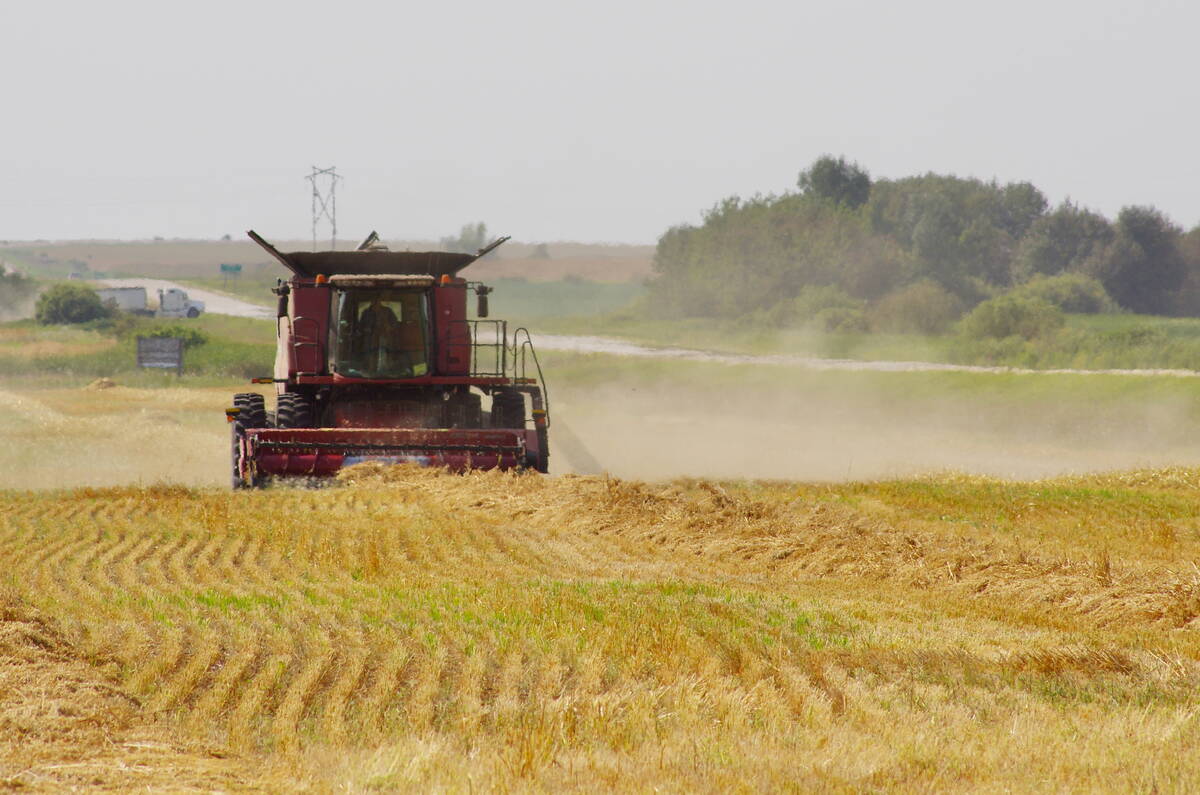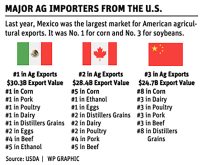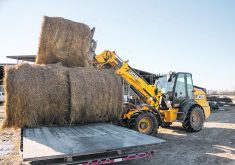SAN ANTONIO, Texas — Syngenta is still on track to introduce hybrid wheat in North America by the end of the decade.
The launch will happen in the United States first. The Canadian launch will be slightly delayed because of the variety registration system.
Darcy Pawlik, North American cereals portfolio lead for Syngenta, said the first wave of hybrid varieties are meeting the company’s base line expectation of delivering a 10 percent yield bump over the highest-yielding varieties on the market.
The company still has not decided whether it will enter the market with those first generation hybrids or wait for the second generation to be ready.
Read Also

Herbicide resistance sprouts in Manitoba’s wild oats
Farmers across Manitoba this fall are gearing up for the latest salvo in what, for many, has become a longtime battle to beat out wild oats.
“We’re making some decisions as to whether they’re good enough for the market. Is it what we want to enter with?” Pawlik said during an interview at the 2017 Commodity Classic.
“The stuff that’s coming behind it continues to look better and better.”
That is because there is a steep learning curve in creating hybrid wheat. The company has drawn on its experience with hybrid barley, which has been on the market in Europe for 10 years, but wheat is a different crop with different challenges.
He expects they will launch with the first generation hybrids, making sure that grower expectations are set at the right level and then learn from the grower experiences with the crop.
The primary focus will be spring wheat markets in the U.S. and Canada. That is a function of biology because there can be multiple generations of spring wheat grown each year so the company was able to move more quickly with that crop.
Pawlik said Syngenta is also making progress with its regular wheat breeding program in Canada. Two of its spring wheat varieties recently made it through the variety registration process.
“We’re finally finding our program catching up to the public institutions that have been there forever,” he said.
“We’re looking forward to getting some momentum.”
The company is also attempting to introduce some of its European malting barley varieties to Canada. One is in the second year of registration trials and a couple more will be introduced shortly.
“It’s some exciting stuff, a very different profile than what the Canadian market is used to or breeding for, for that matter,” said Pawlik.
He said maltsters have expressed interest in the varieties because they are well suited to the burgeoning craft brewing industry.


















